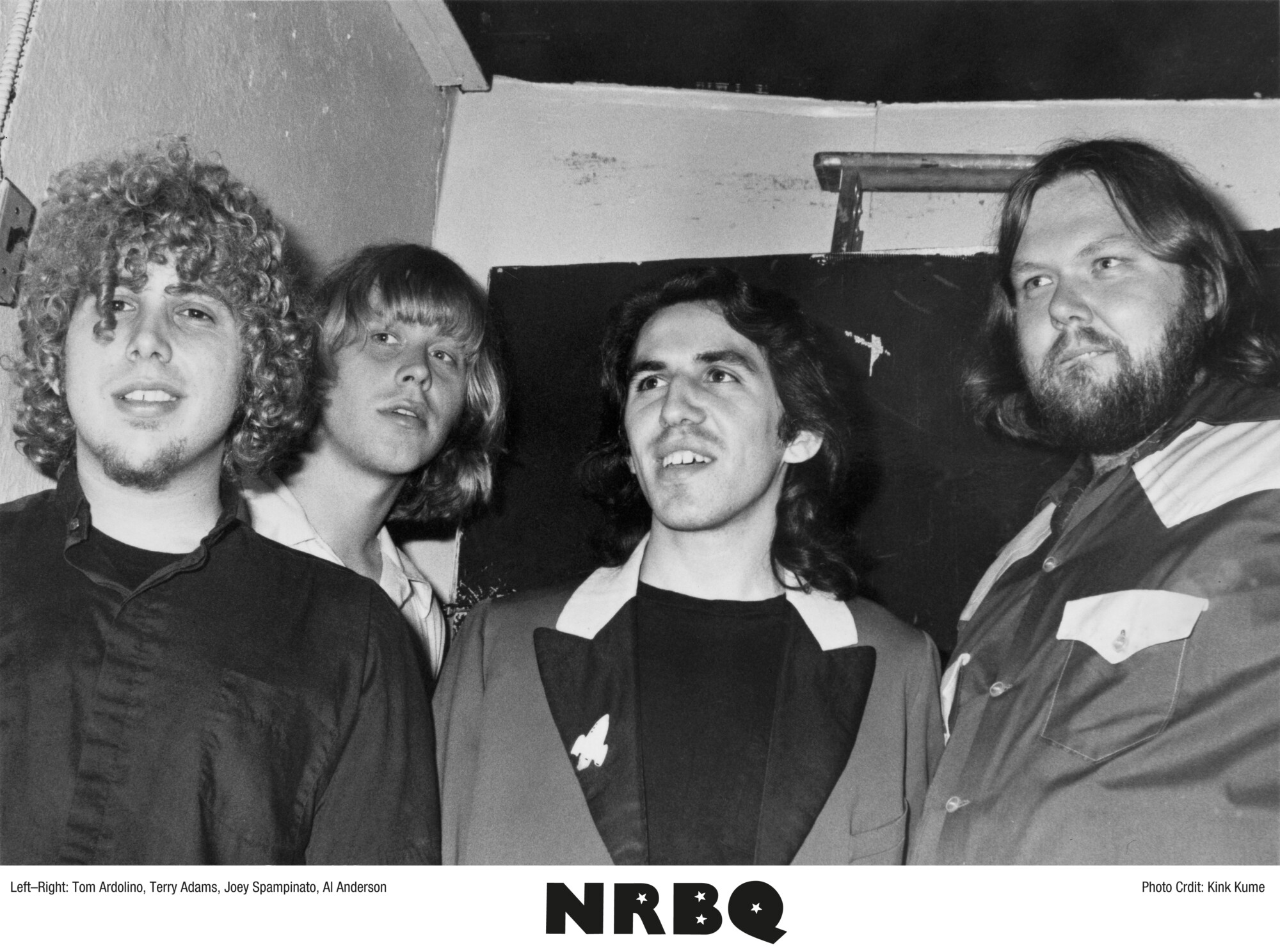NRBQ | Interview | “We are influenced by now!”
The legendary NRBQ are still going strong after all these years. Formed in late 1965, they appeared on stage for the first time in 1966. The band is known for their blend of genres, often with a humouresque approach.
Over a decade into their career, NRBQ entered Bearsville Studios and recorded their eighth album. The line-up featured Terry Adams (keyboards), Joey Spampinato (bass), Tom Ardolino (drums) and Al Anderson (guitar), plus The Whole Wheat Horns (Donn Adams and Keith Spring). The end result was ‘Tiddlywinks,’ which contained the singles ‘Me And The Boys’ and ‘Never Take The Place Of You’. It immediately became another fan favorite NRBQ classic album, and provided an entry point for a new audience to come on board as ‘Me And The Boys’ garnered repeat airplay on radio stations across the country. Now, over four decades later, ‘Tiddlywinks’ returns. This time, four bonus tracks are added to the mix; ‘I Don’t Think Of…’ and ‘Big Goodbyes’—recorded during the ‘Tiddlywinks’ sessions and released on 1983’s Tapdancin’ Bats collection, plus the controversial TV and Radio Spots originally issued on the flip side of the ‘Never Take The Place Of You’ 7” single.
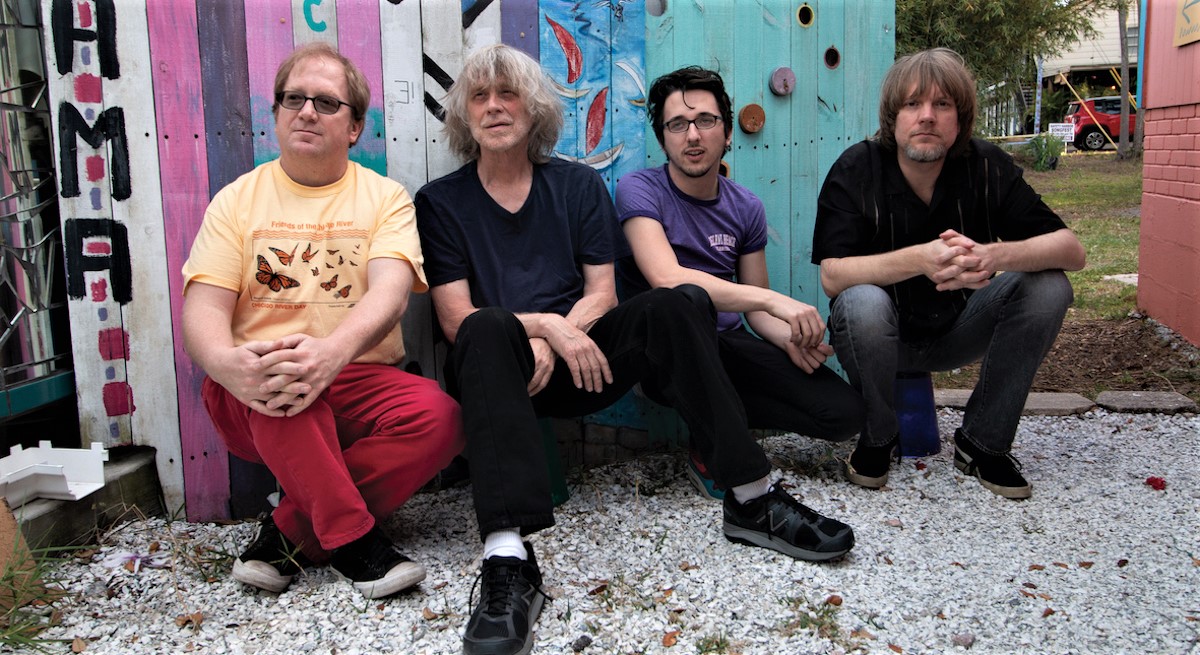
“We are influenced by now!”
Fans of your band have been very happy with the release of the expanded ‘Tiddlywinks’ reissue (through Omnivore Recordings). Would you like to discuss working on this project back in 1980?
Terry Adams: That was some good producing that I did with Joey Spampinato and Tom Mark. The other guys would cut the tracks and leave as soon as possible, but we would stay behind. It was Winter 1979. We invented parts and blended sounds…all sounding good and being organic. I made up intros for other songs. Good times, we had. I had it sent to The Library of Congress and they responded with a big “NO.” “We don’t accept pop records,” they said. I thought it was a work of art.
At the time you already had ten albums under your belt, did you feel at the time that you’re doing something a bit different, something for a new audience.
They’re all different and make sense to me.
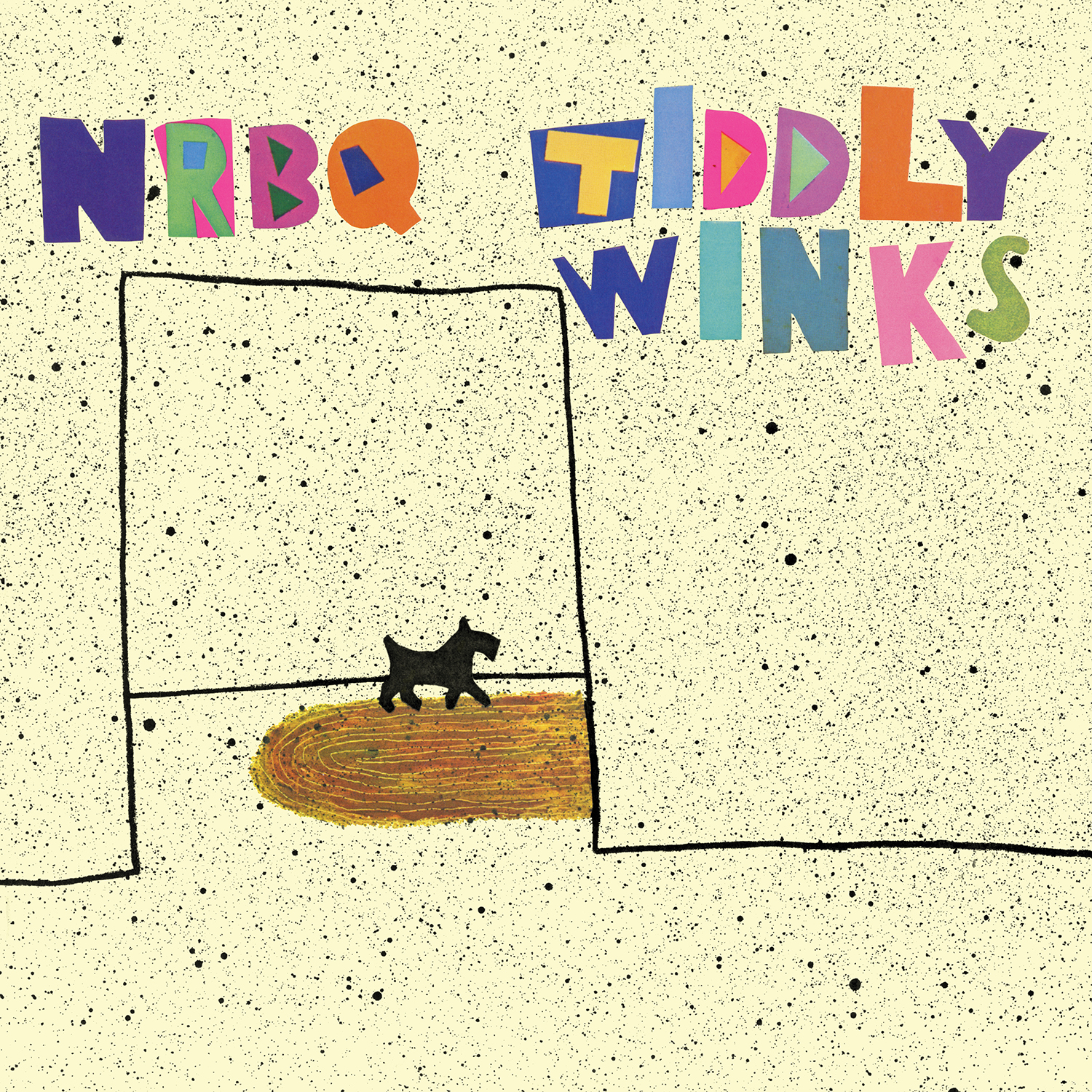
Would you like to talk about your latest album that was released in 2021? What’s the story behind it?
That album is pretty much live in the studio. It’s great to play with Scott Ligon, Casey McDonough and John Perrin. They are the best. They’re all good writers. They’re all good singers. I like real singers who sing my songs and arrangements for other songs. I’ve always been lucky to have that. They are partners in the band and we stick together as long as possible.
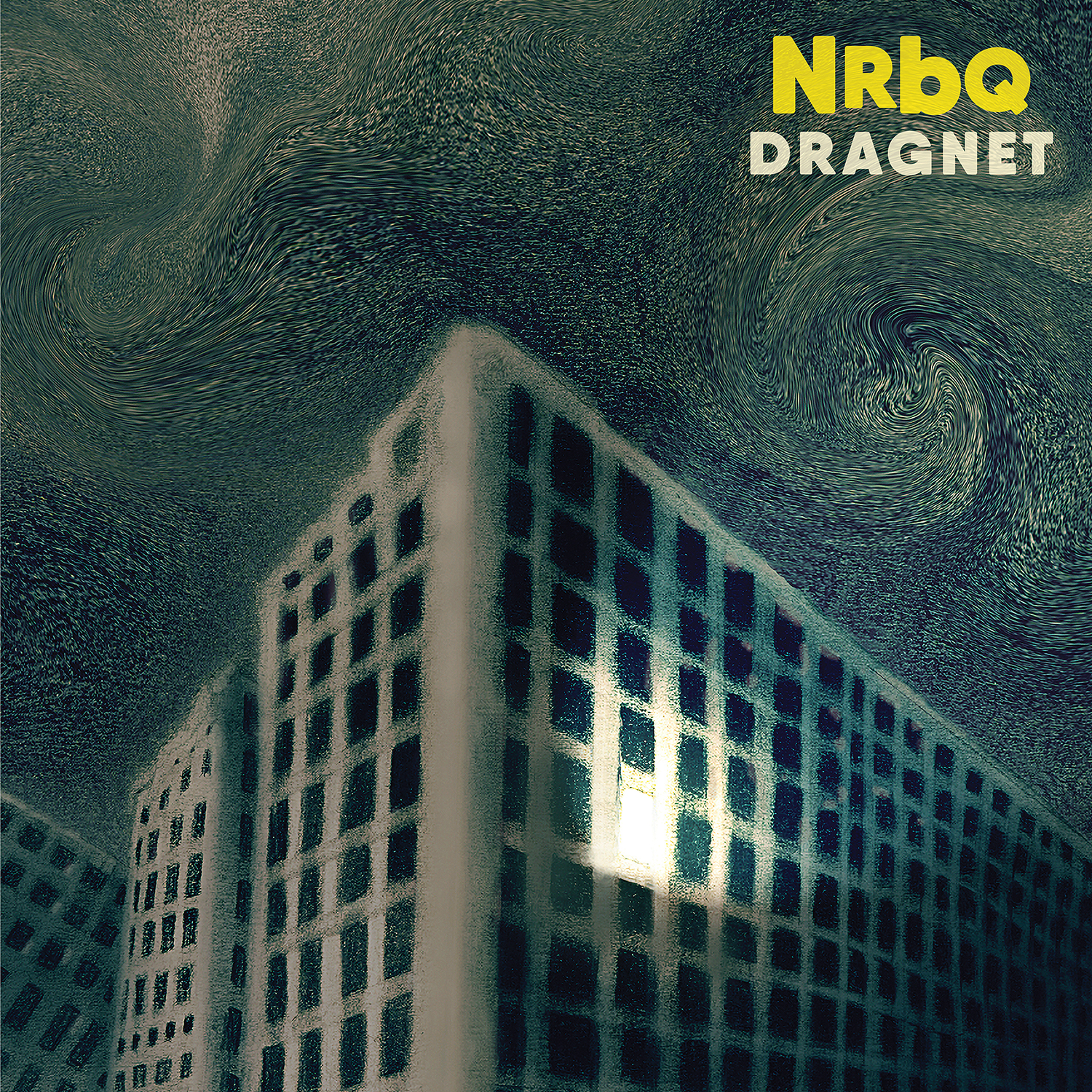
A lot has changed since you recorded ‘Dragnet’. Were you influenced by world events when working on your latest album?
We are influenced by “now,” but not like you may mean it. Some musicians need to ride ABOVE the constant crap that goes on, in order to bring you something better. Do what you can for the world through art and whatever else you want. So sometimes songs mean something for sure, but who knows when or why they were written. We like to bring joy into this particular Universe.
I hope you don’t mind asking about those early albums that were also recently reissued by Omnivore Recordings. What do you remember from getting in the studio to record your debut album in 1969?
I remember going to the Record Plant in NYC for three nights, I guess. We didn’t have any plans, just expressed ourselves. Also I know that we had some real good songs that we didn’t bother to do.
How was it for you to be playing with Carl Perkins?
It was alright, we kept it real. He walked in with a bag of stuff from Manny’s. We told him he didn’t need to take the wah-wah pedals out of the bag. He was relieved.
If I would play you ‘Scraps,’ ‘Workshop, ‘All Hopped Up,’ ‘At Yankee Stadium, ‘Kick Me Hard’…what would run through your mind remembering all those special moments in the studio?
I’m a composer and I also enjoy bringing in songs that I didn’t write if it feels good. I had ‘Get Rhythm’ in my mind for years because I had a way different sense of rhythm than the old two-step thing. We start trying it right after ‘Workshop’. But I couldn’t get a good one. We got warmer to it in 1973 or ’74 with a solo by Steve Ferguson. We tried it for ‘All Hopped Up’ a little later, but we’re still not getting it. It was a good feeling once we had it on ‘At Yankee Stadium’. These other takes are probably fine now, but at the time I was looking for something stronger. It was a fun album to do. I always wait with those songs I didn’t write until the time is right.
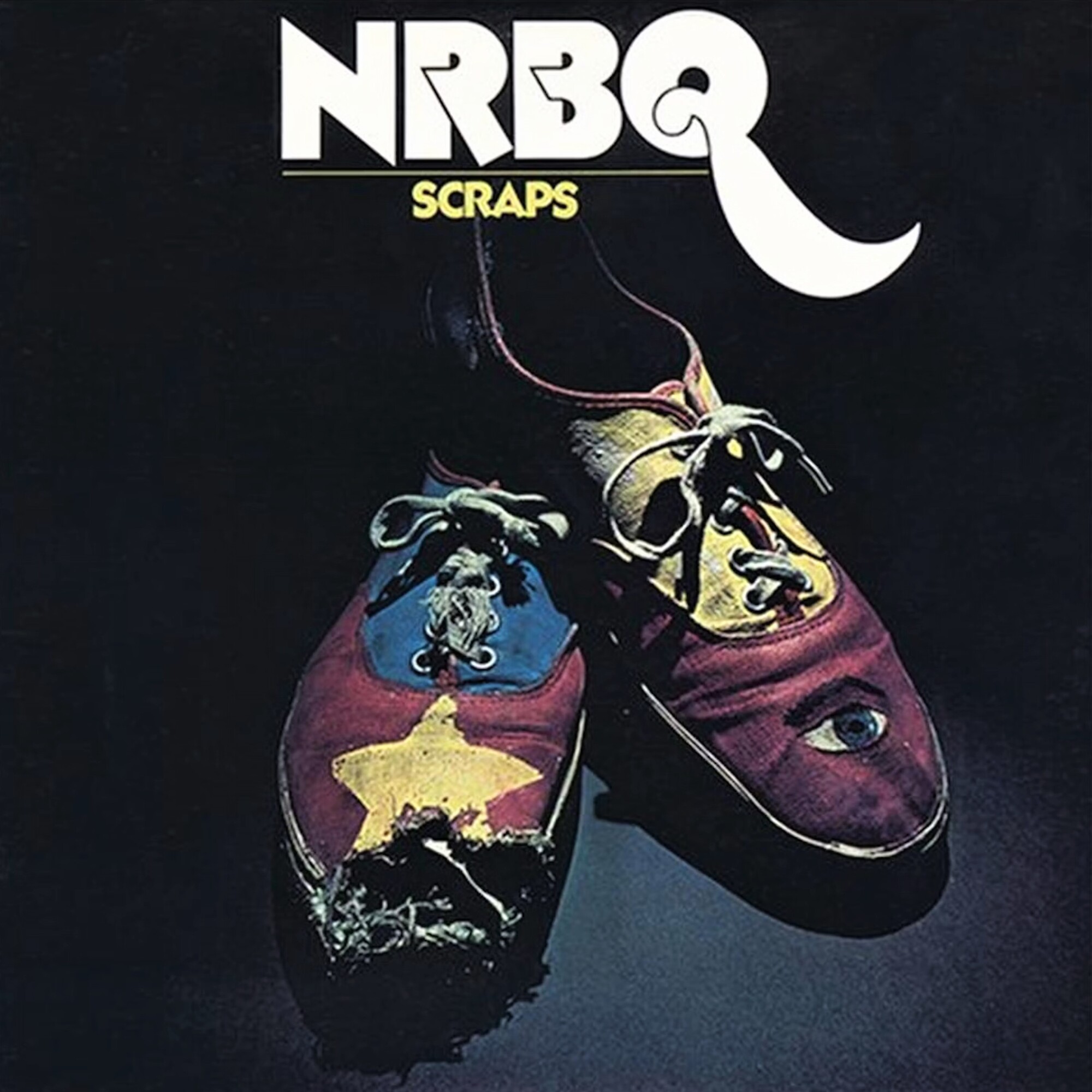
Another one is ‘The Same Old Thing,’ a record I had back in the 60’s. Al Anderson is a great singer and when we realized Al didn’t have enough vocals on the album, I gave it to him. I was right , he sang the crap out of it. We went upstairs and sang the background vocals around the pool table. Now Casey sings it too because he’s great, can sing anything. We did ‘Scraps’ at home with Eddie Kramer in a recording truck. We did ‘Keep This Love Goin” with good spirits. I got to record ‘Happy Talk’. The song had been on my mind since I was ten years old, but the timing was finally right. On ‘Kick Me Hard,’ I remember I wrote ‘Wacky Tobaccy’ and brought in ‘This Old House’. That record was a lot of fun.
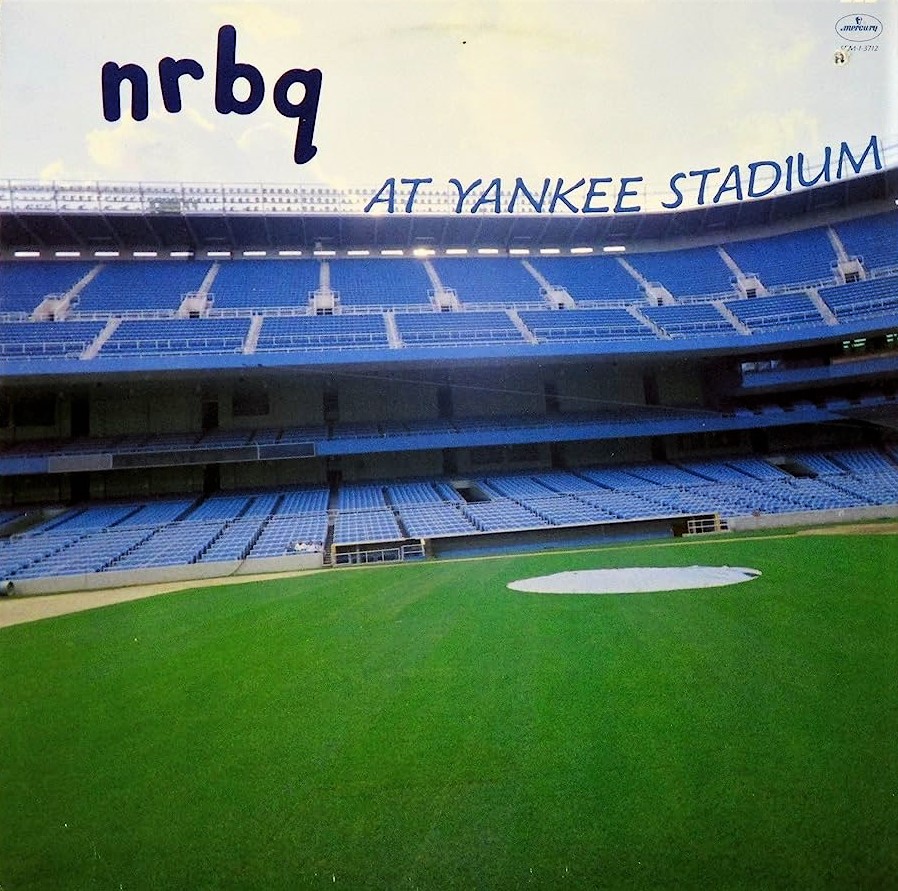
As a songwriter, what in your opinion makes a good song? Do you have any particular process on how you approach new songs?
To me, it’s the inspiration, period. I mean…a feel, chords, melody and maybe a verse and a title. And then pass it to someone to work on the details.
What are some of the most important players that influenced your own style and what in particular did they employ in their playing that you liked?
I’m influenced by all good music. If I have to pick someone, I’d say Link Wray. He’s always there. We became good friends from the very beginning. When I first met him I talked to him about a lot of his records and how much I appreciated his writing and playing. He asked me “What kind of guitar do you play?” When I said, “piano” he looked puzzled and then cracked up. Since then every time he mentioned me out there, he told that story.
“I like to leave it loose”
Do you find yourself to be a perfectionist, in control, or do your ideas lead you, taking on a life of their own?
A perfectionist ain’t in this band. I like to leave it loose. They mess up stuff with that. When I played with Sun Ra Arkestra, Marshall Allen said on the way to the stage, “Nobody knows nothin’.” I feel the same with NRBQ. Let it happen. We don’t rehearse a show or do it more than once. It’s far out how many musicians plan a show like a Broadway musical. They all do it these days. So much for living free and rockin’ out.
Your music has a timeless quality to it, is that quality important to you?
We play for now, in the now…it’s always the now. We don’t have nostalgia. When we play an old song it’s for now. Even ‘Music Goes ’round and Around’ on ‘Tiddlywinks’ or playing it live next week is now. It doesn’t matter who did it in the 20s or who wrote it. We’re not here to educate. We want to take you someplace you need to get to.
Looking back, what was the highlight of your time in the band? Which songs are you most proud of? Where and when was your most memorable gig?
The highlight was starting the band in Louisville back in 1966. We played a place called The Shack. They had an open night on Monday. Our name was on the door. We’ve had a lot since then. We’ve played hundreds of colleges and festivals, Mt Fuji Fest, Berlin Jazz Fest, New York Folk Fest, The Grand Ole Opry…you name it, we’ve been there…well almost.
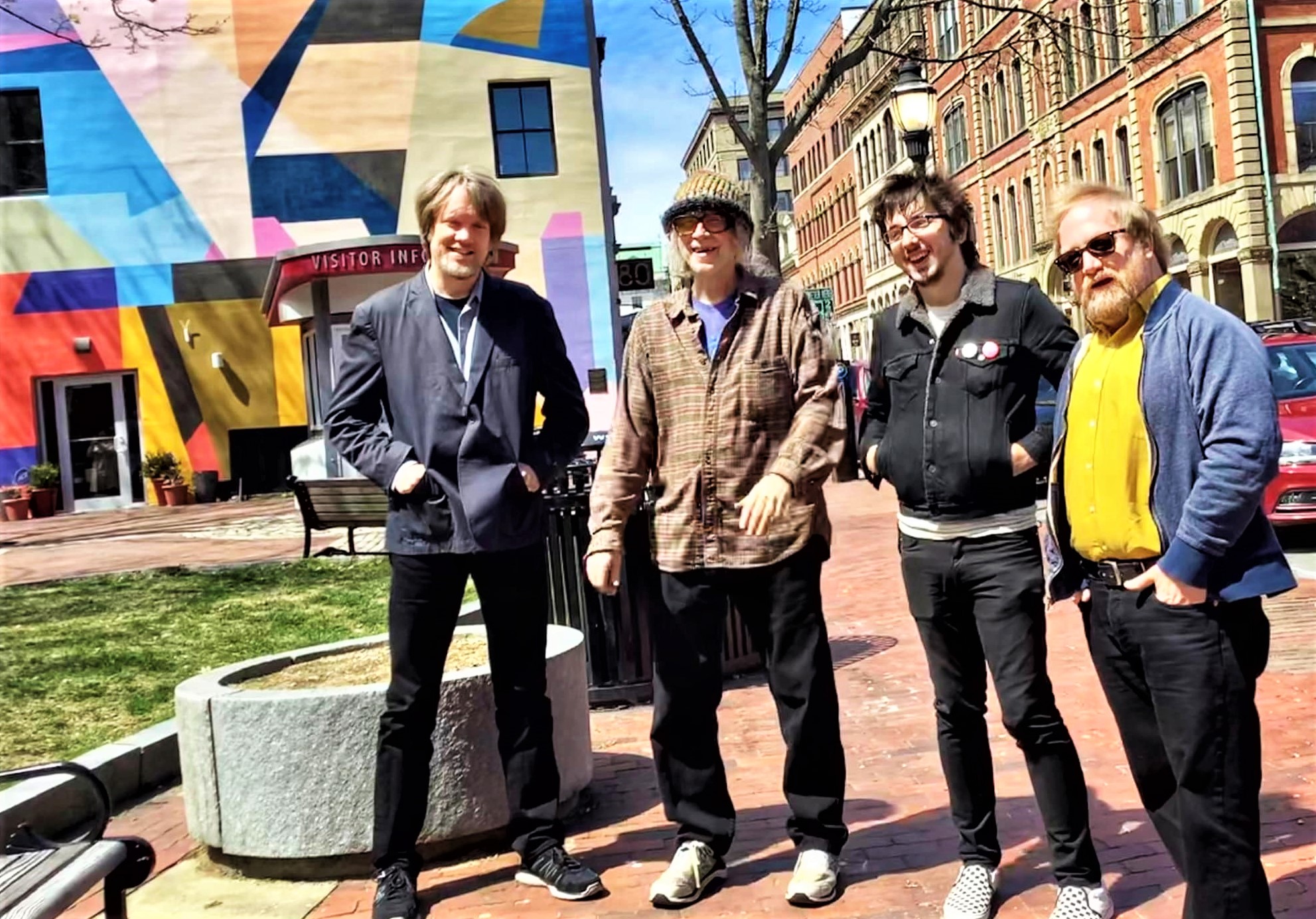
Thank you for taking your time. Last word is yours.
Yeah, so ‘Tiddlywinks’ is out on Omnivore and another is ‘Louisville Sluggers’. For records though, the best is ‘High Noon’ (box set). Those discs should be good for you…as a whole thing.
Klemen Breznikar
Headline photo: NRBQ | Press photo by Kink Kume
NRBQ Official Website / Facebook / Instagram / Twitter
Omnivore Recordings Official Website / Facebook / Instagram / Twitter / YouTube

